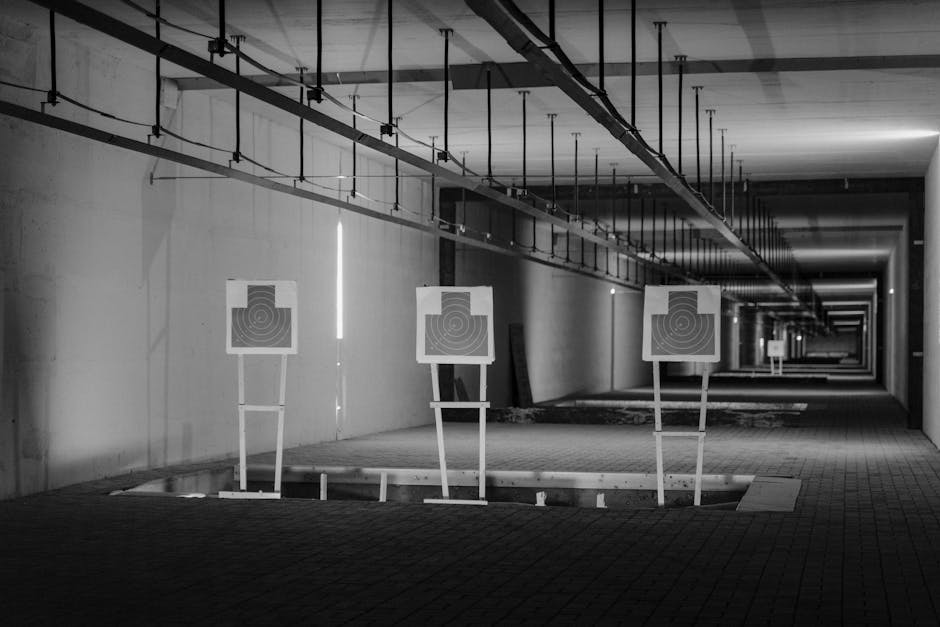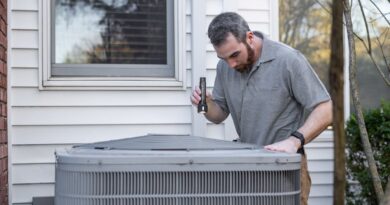Top Tips for HVAC Troubleshooting Success
Feeling too hot or too cold at home? You’re not alone. Many homeowners face HVAC issues that can leave them uncomfortable. Fortunately, many of these problems can be fixed with some simple troubleshooting steps. Let’s explore how you can become your own HVAC hero!
What Are Common HVAC Problems?

Before we dive into troubleshooting, it’s helpful to know the common issues you might face. Here are a few:
- No cool air from the air conditioner.
- Heating system not working.
- Strange noises from the unit.
- High energy bills.
Understanding these problems can make it easier to find solutions.
How Can You Diagnose HVAC Issues?

Diagnosis is the first step in HVAC troubleshooting. Think of it like being a detective. Start by asking questions:
- Is the thermostat set correctly?
- Are the filters clean?
- Is power reaching the unit?
Checking these basics can save you time and frustration. For instance, if your air conditioner isn’t cooling, first check the thermostat. It might just need new batteries!
What Are the Steps for Effective HVAC Troubleshooting?

Lets break down the troubleshooting process into manageable steps.
Step 1: Check the Thermostat
Your thermostat is the brain of your HVAC system. If it’s not working right, your system can’t deliver the comfort you need. Heres what to do:
- Ensure it’s set to the right mode (cool or heat).
- Check the temperature settings.
- Replace the batteries if needed.
Step 2: Clean or Replace Air Filters
Dirty air filters can block airflow and cause your system to work harder. This can lead to higher energy bills and system damage. Cleaning or replacing filters is an easy fix!
For example, if you have pets, you might need to change your filters every month. Otherwise, every 3 months is a good rule of thumb.
Step 3: Inspect the Outdoor Unit
The outside unit is crucial for cooling. Make sure it’s clear of debris like leaves and dirt. A blocked unit can’t work efficiently.
Keep it clean, and trim back any plants that might be crowding it. A clear path helps your HVAC work better!
Step 4: Listen for Strange Noises
Noises can be a sign that something isn’t right. Here are a few sounds to watch for:
- Banging: Could indicate loose parts.
- Hissing: Might mean a refrigerant leak.
- Buzzing: Could signal an electrical issue.
If you hear anything unusual, it might be time to call a professional!
Why Are High Energy Bills a Red Flag?

Are your energy bills higher than usual? This can be a sign that your HVAC system is working too hard. This might happen due to:
- Dirty filters.
- Leaky ducts.
- Old equipment.
Regular maintenance can help keep your bills in check. Consider scheduling an annual check-up with a pro.
How Do You Know When to Call a Professional?
Sometimes, DIY troubleshooting isn’t enough. Here are signs that it’s time to call an HVAC professional:
- Youve checked the thermostat and filters but still have issues.
- You hear strange noises even after cleaning.
- Your system is more than 10-15 years old.
don’t hesitate to reach out for help. It can save you money in the long run by preventing bigger issues!
What Maintenance Tips Can Extend Your HVAC Life?
Preventative maintenance is key to keeping your HVAC system running smoothly. Here are some tips:
- Change filters regularly.
- Clean ducts to improve airflow.
- Schedule yearly professional inspections.
Like changing the oil in your car, regular HVAC maintenance can prolong life and avoid costly repairs.
How Can You Improve HVAC Efficiency?
Want to get the most out of your HVAC system? Consider these efficiency tips:
- Seal windows and doors to keep the air inside.
- Use ceiling fans to circulate air.
- Install a programmable thermostat to save energy.
By making these changes, you could see an improvement in comfort and a drop in bills!
What Are Common HVAC Myths to Avoid?
When it comes to HVAC, there are plenty of myths out there. Here are a few to keep in mind:
- Myth: Closing vents saves energy.
Fact: This can actually make your system work harder! - Myth: Bigger units are better.
Fact: An oversized unit can lead to inefficiency. - Myth: Maintenance isn’t necessary.
Fact: Regular maintenance is crucial for efficiency.
Knowing the truth helps you make informed decisions about your HVAC system.
How Can You Stay Informed About HVAC Care?
Stay updated on the best practices for HVAC care. Here are some great resources:
- Energy Star: Offers tips on energy-efficient HVAC systems.
- Local HVAC companies often provide blogs or newsletters.
- Online forums can be a great place to share experiences and get advice.
Staying informed means you can tackle problems with confidence.
Conclusion: Ready to Troubleshoot Your HVAC?
Now you know the basics of HVAC troubleshooting. Remember to check your thermostat, clean your filters, and listen for strange noises. If things get complicated, don’t hesitate to call in the experts.
By taking these steps, youll keep your home comfortable and your HVAC system running efficiently. Happy troubleshooting!
For more detailed advice, check out our related post on preventative HVAC maintenance.



